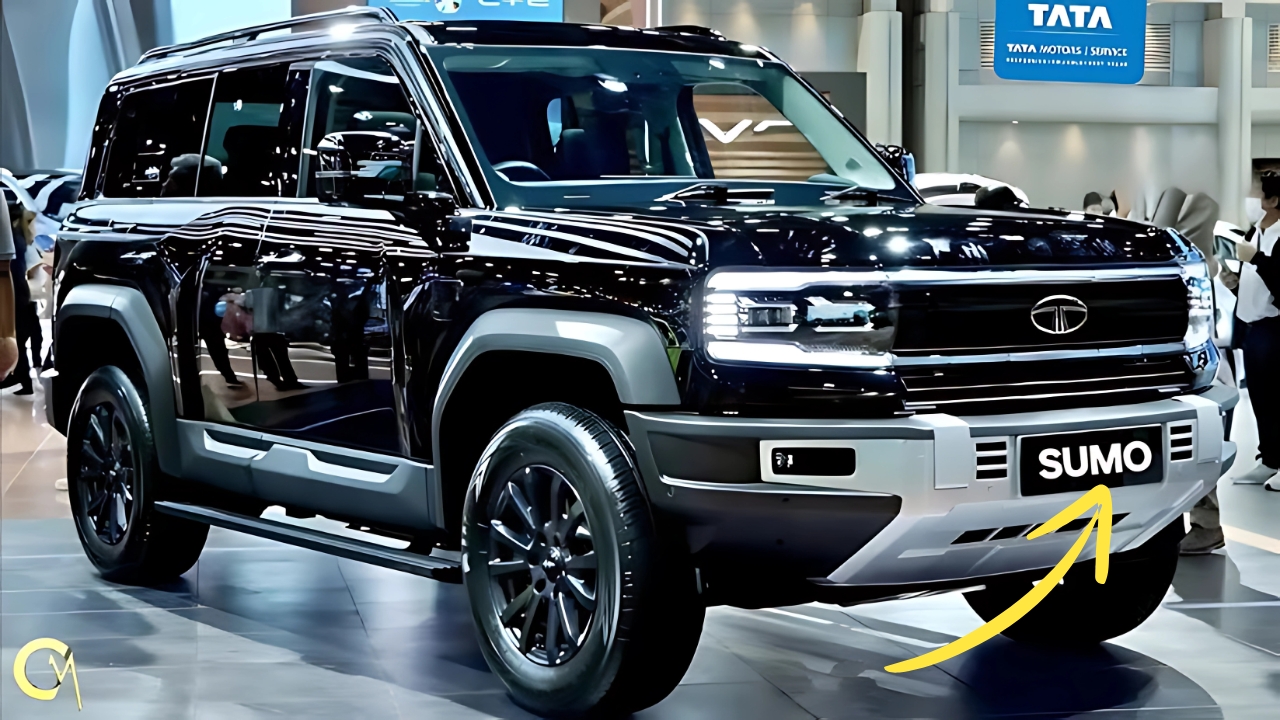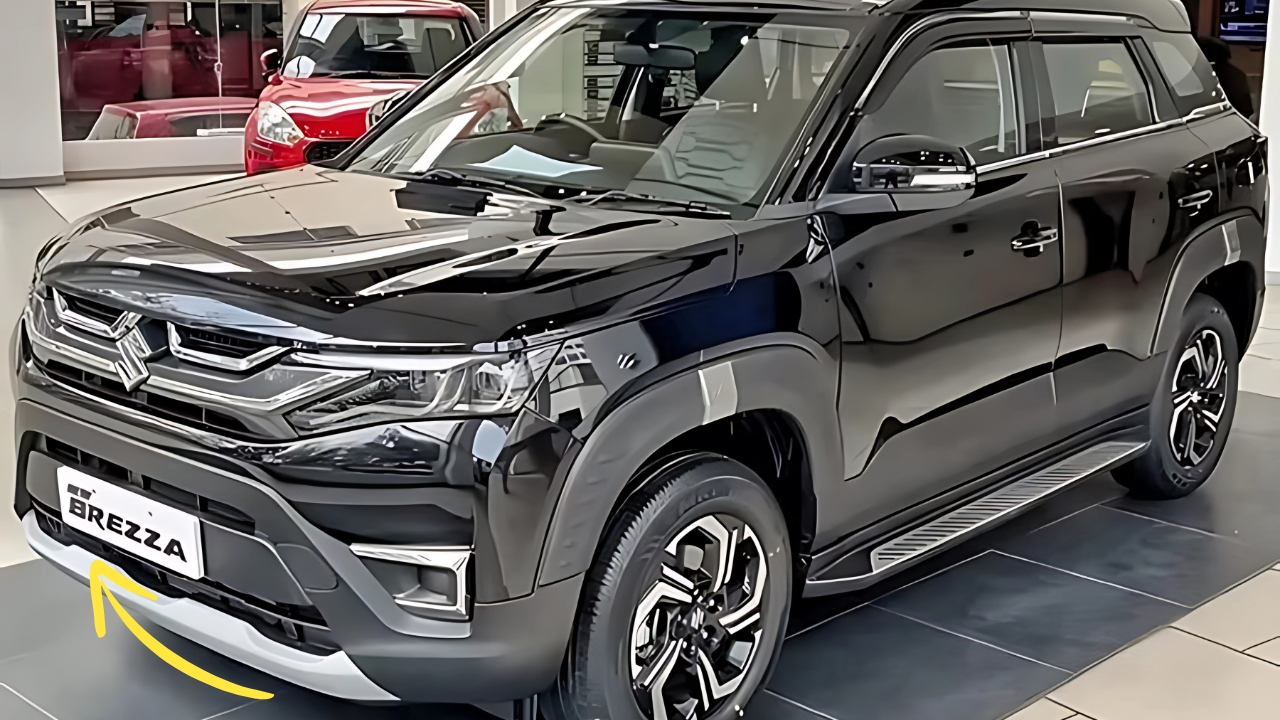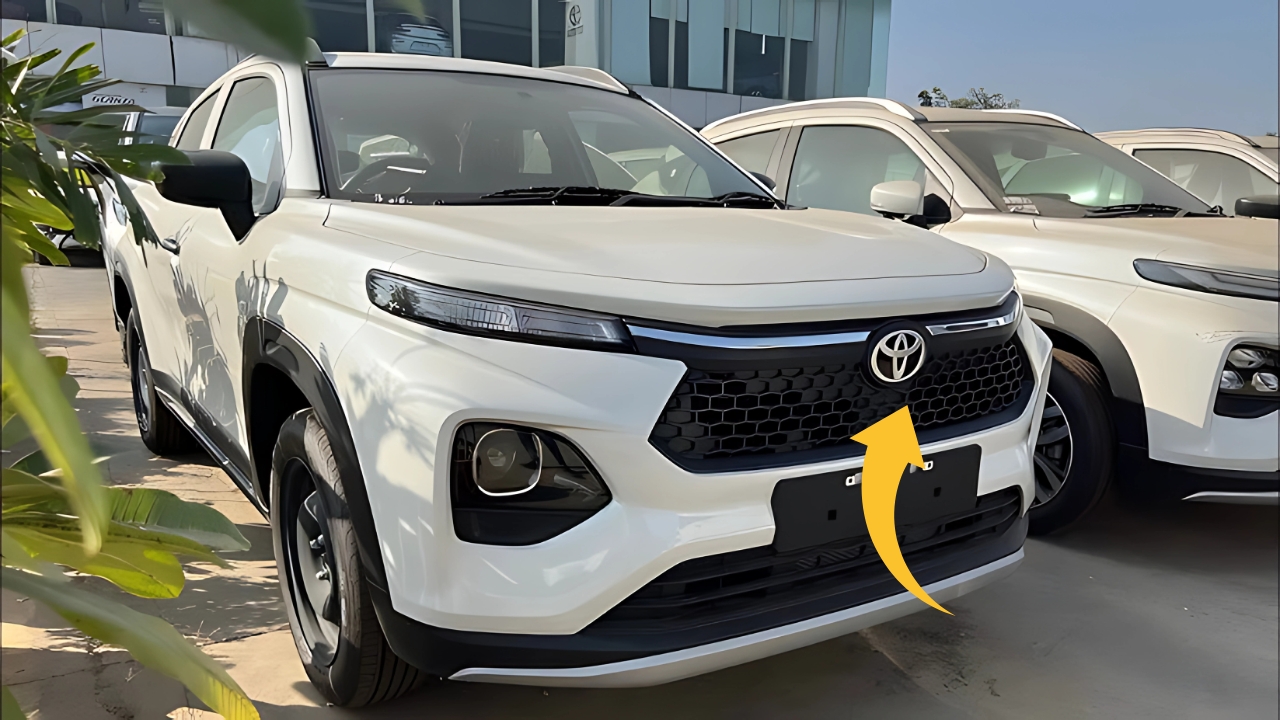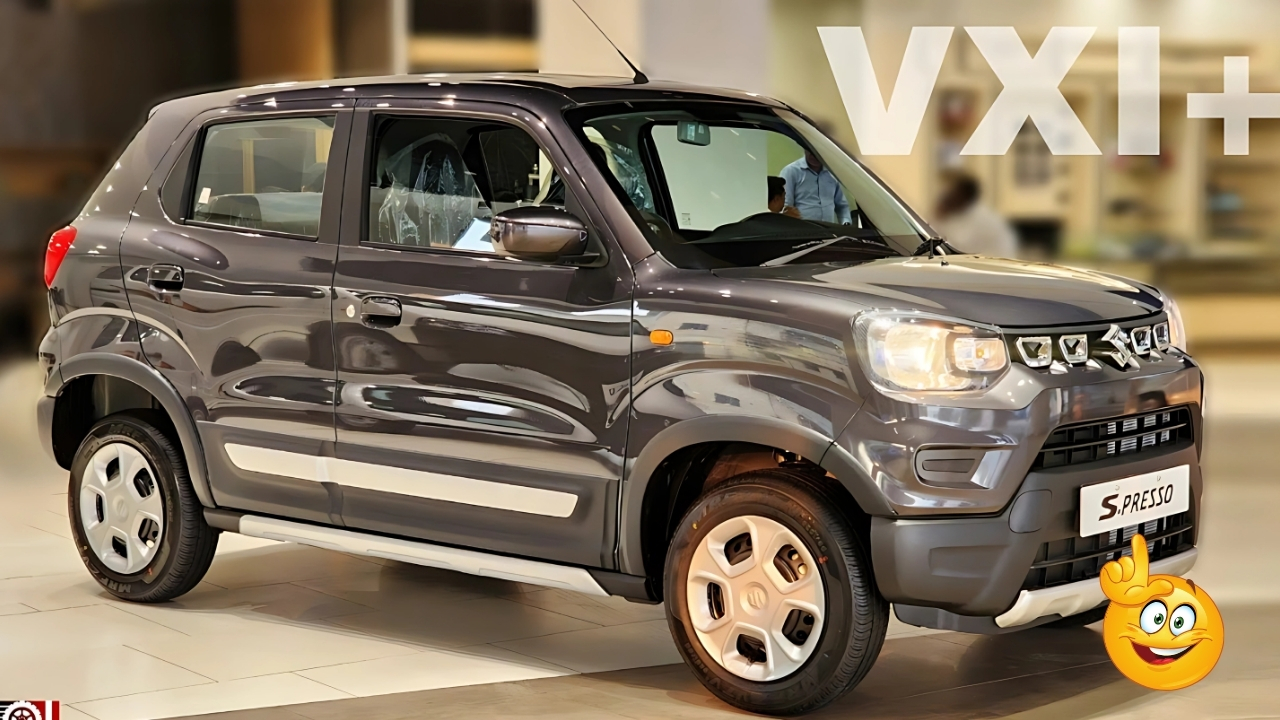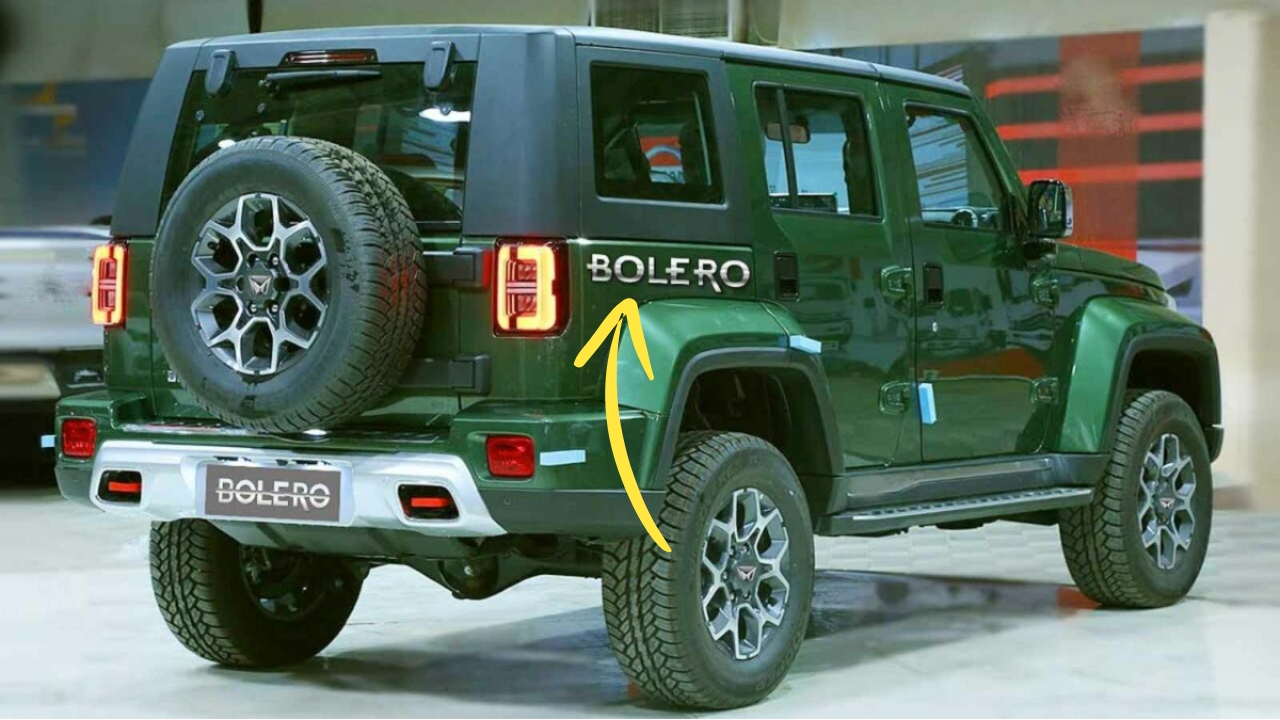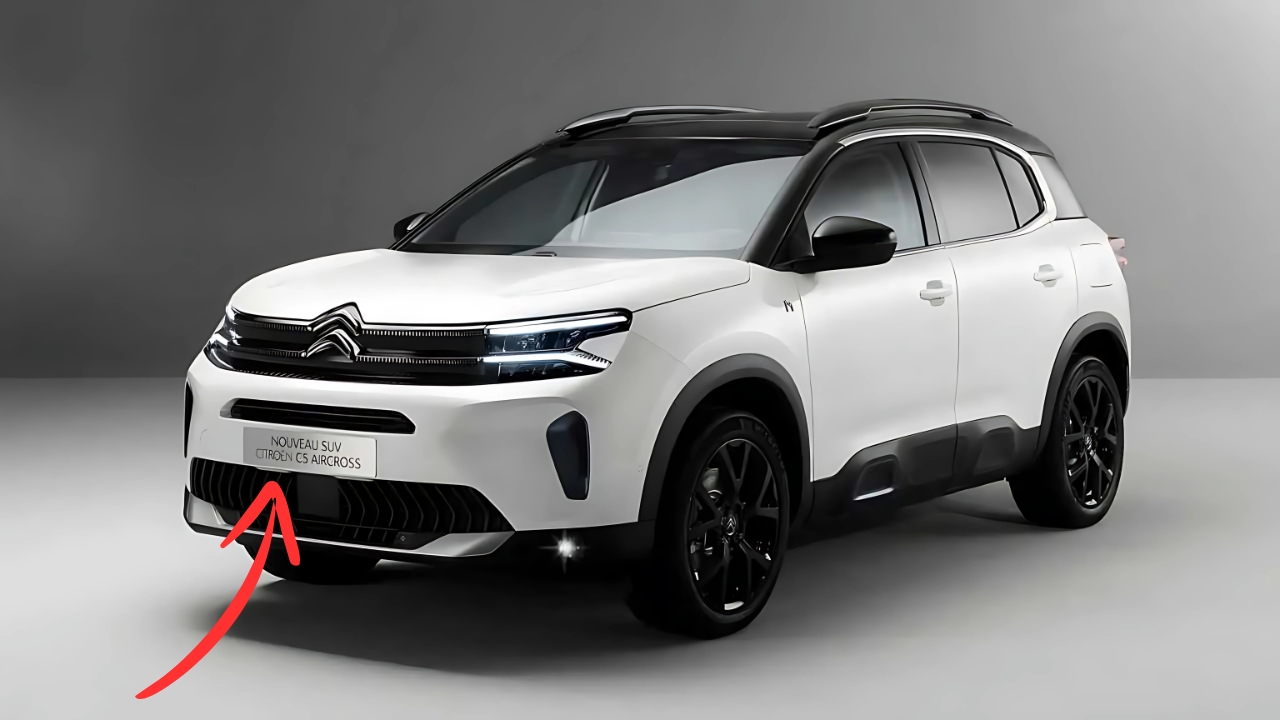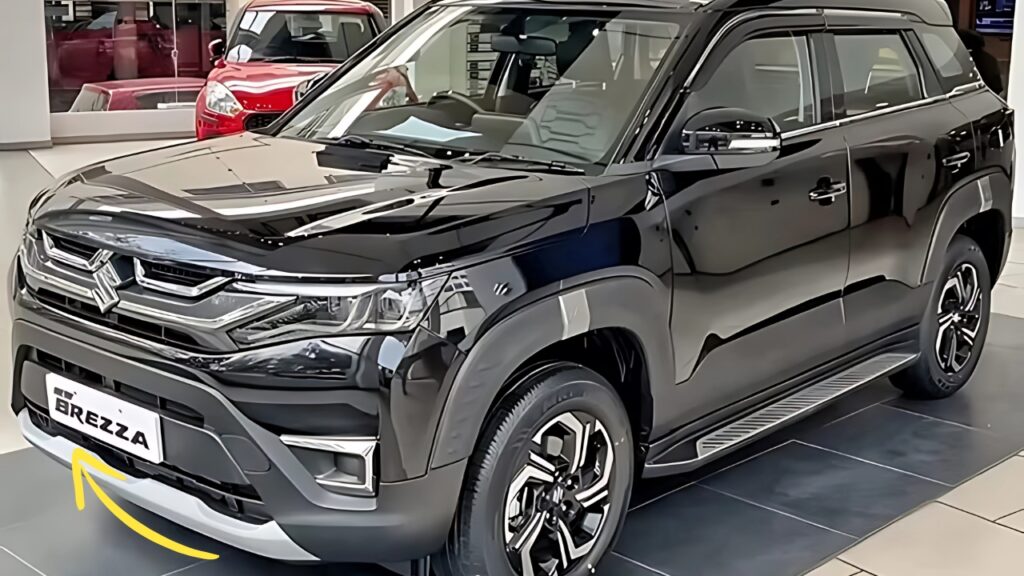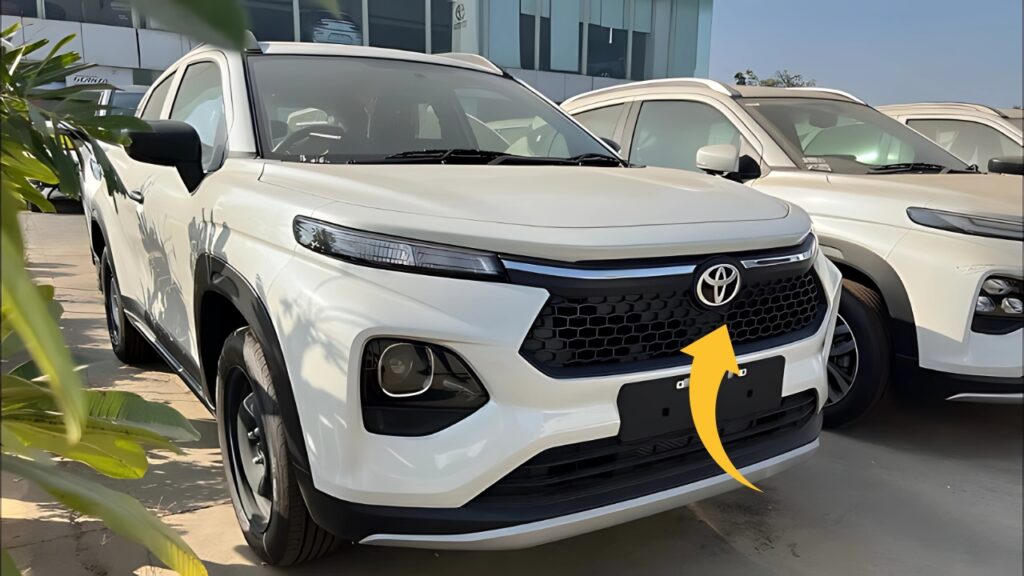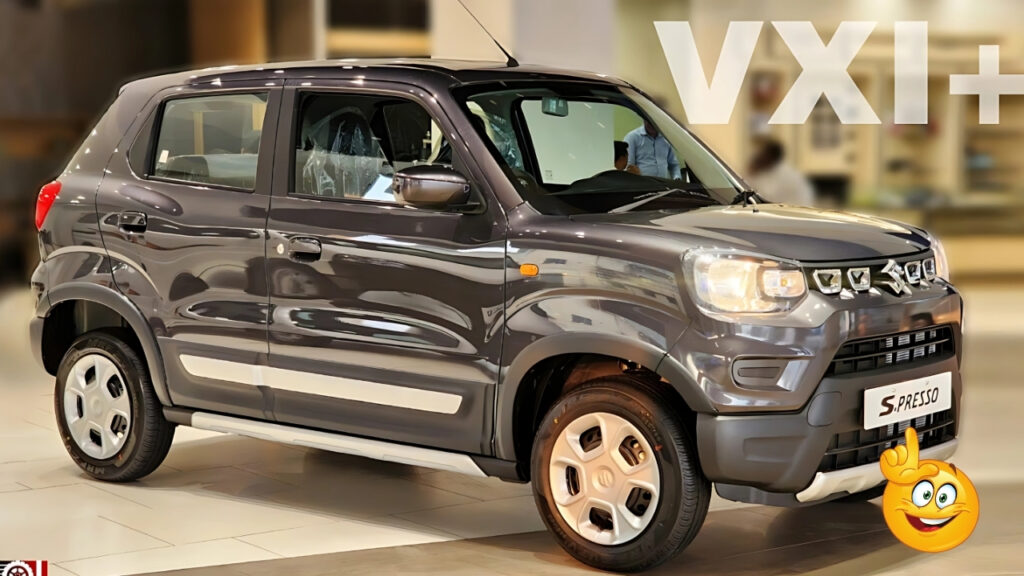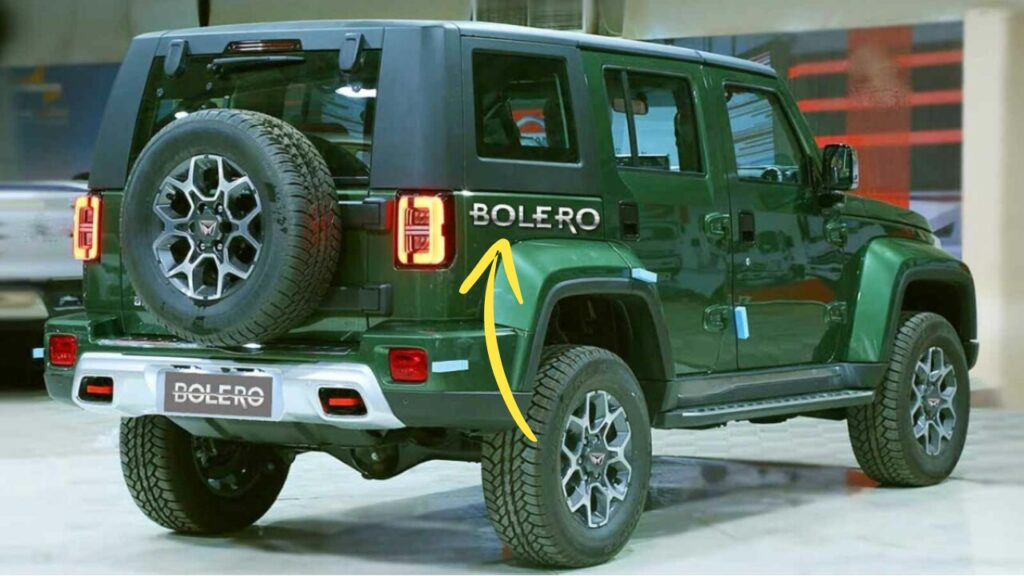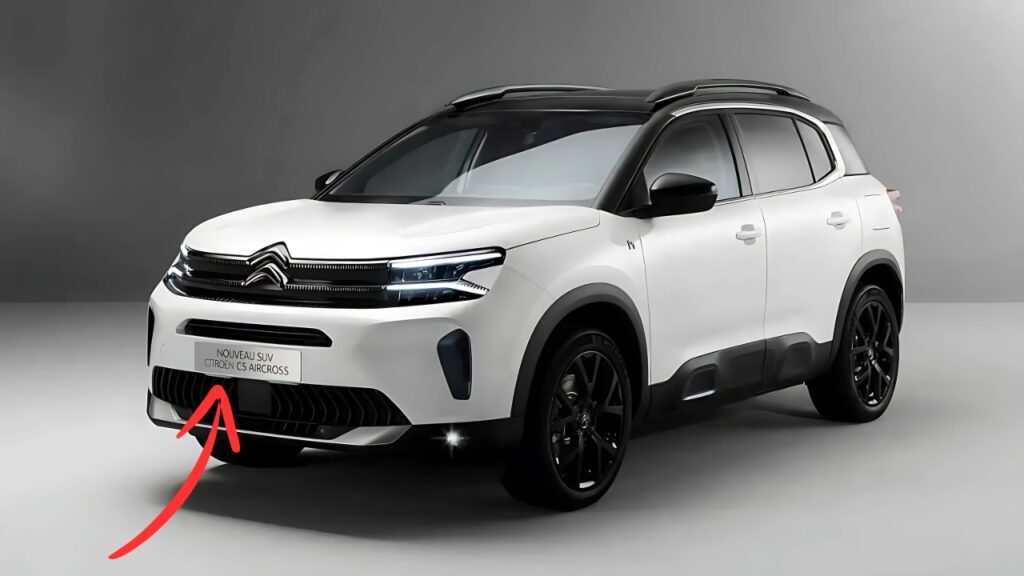Tata Sumo: The Tata Sumo stands as one of the most significant vehicles in India’s automotive history, having established itself as a versatile workhorse that conquered diverse terrain across the subcontinent for nearly two decades.
This rugged multi-utility vehicle helped define the category in India, combining practicality, durability, and accessibility in a package that resonated deeply with both commercial operators and private users seeking robust transportation.
Tata Sumo: Historical Significance
Introduced in 1994, the Sumo arrived at a pivotal moment in India’s economic evolution. The country was embracing liberalization, and growing mobility needs demanded vehicles that could withstand challenging infrastructure while delivering reliable service.
Named after professional wrestler Sumant Moolgaokar (a former Tata executive), the Sumo embodied strength and resilience—qualities that perfectly aligned with its intended purpose.
The model’s importance transcended mere transportation, becoming a cultural touchstone that represented aspiration and achievement for many small business owners and rural entrepreneurs.
Its ubiquitous presence across India—from crowded urban centers to remote villages—cemented its status as a truly national vehicle.
Design Philosophy
The Sumo’s exterior design embraced functional simplicity with a focus on practicality:
Boxy, upright silhouette maximizing interior space
Minimal overhangs improving approach and departure angles
High ground clearance enabling navigation of uneven terrain
Substantial windows providing excellent visibility
Roof rails accommodating additional cargo when needed
Simple body panels facilitating easier, less expensive repairs
Inside, the cabin prioritized space utilization and durability over aesthetic considerations:
Forward-facing bench seats accommodating up to nine passengers
Vinyl or fabric upholstery selected for longevity
Straightforward dashboard with essential instrumentation
Minimal electronics reducing potential failure points
Grab handles positioned for easy entry and exit
Basic yet functional ventilation system
These design elements collectively created a vehicle focused entirely on its core mission—providing dependable transportation in challenging conditions—without unnecessary embellishments that might compromise its fundamental utility.
Technical Specifications
The Sumo underwent several evolutionary updates during its production run:
| Specification | Original Sumo | Sumo Victa | Sumo Grande |
|---|---|---|---|
| Engine Options | 1948cc Diesel | 2956cc Diesel | 2179cc Diesel |
| Maximum Power | 68 bhp | 85 bhp | 120 bhp |
| Maximum Torque | 135 Nm | 250 Nm | 250 Nm |
| Transmission | 5-speed manual | 5-speed manual | 5-speed manual |
| Seating Capacity | 9-10 | 7-9 | 7-8 |
| Ground Clearance | 183mm | 186mm | 180mm |
| Fuel Efficiency | 11-13 km/l | 12-14 km/l | 13-15 km/l |
| Kerb Weight | 1825 kg | 1860 kg | 2035 kg |
The powertrain evolution reflected changing consumer expectations and regulatory requirements, with later iterations offering improved refinement and performance while maintaining the fundamental robustness that defined the vehicle’s character.
Practical Versatility
The Sumo’s enduring appeal stemmed from its exceptional versatility across diverse applications:
Rural taxi service connecting villages to towns
Staff transportation for factories and businesses
Police and security force patrol vehicle
Ambulance service in areas with challenging terrain
Goods delivery platform for small businesses
Private transportation for large families
Tourism operations in mountainous regions
This adaptability enabled the vehicle to maintain relevance across varying economic conditions and geographic regions, contributing significantly to its longevity in the market.
Market Impact
The Sumo established several important precedents in the Indian automotive landscape:
Demonstrated viable domestic development of utility vehicles
Created a template for rugged, accessible transportation
Established Tata Motors’ reputation for durable commercial vehicles
Helped develop rural transportation networks supporting economic growth
Provided a platform for numerous aftermarket modifications serving specific needs
Influenced subsequent multi-utility vehicle development across manufacturers
These contributions extended beyond mere commercial success to genuinely impact India’s transportation ecosystem, particularly in semi-urban and rural areas where infrastructure challenges demanded vehicles with exceptional durability.
Legacy and Evolution
While production of the original Sumo eventually ceased, its influence continued through spiritual successors:
Sumo Gold offering enhanced comfort and features
Sumo Grande targeting more lifestyle-oriented customers
Design philosophies influencing subsequent Tata utility vehicles
Engineering lessons applied to newer platforms
Brand equity transitioning to contemporary Tata products
Continued aftermarket support maintaining existing fleet operations
The model’s lasting legacy is evident in the continued operation of many units well beyond their expected service life—a testament to the fundamental engineering soundness that characterized the original design.
Tata Sumo
The Tata Sumo exemplifies how purpose-driven design focused on local conditions can create enduring automotive success stories.
By prioritizing durability, practicality, and accessibility over trend-following or unnecessary complexity, Tata Motors created a vehicle that genuinely improved mobility for millions across diverse economic circumstances.
While contemporary vehicles offer greater refinement and features, the Sumo’s impact on Indian transportation history remains significant—a homegrown solution that met specific national needs during a crucial development period.
Its legacy lives on not merely in automotive museums but on countless roads where aging examples continue delivering the reliable service for which they were designed.
